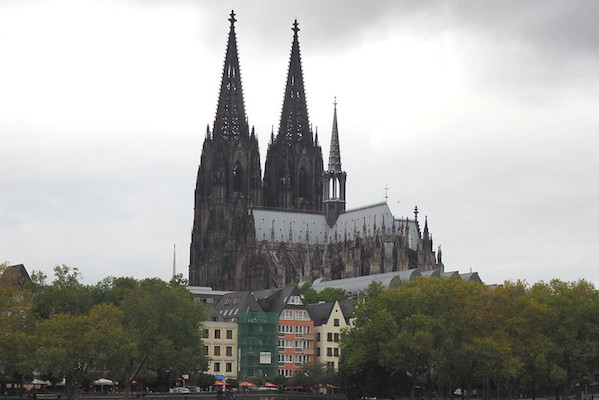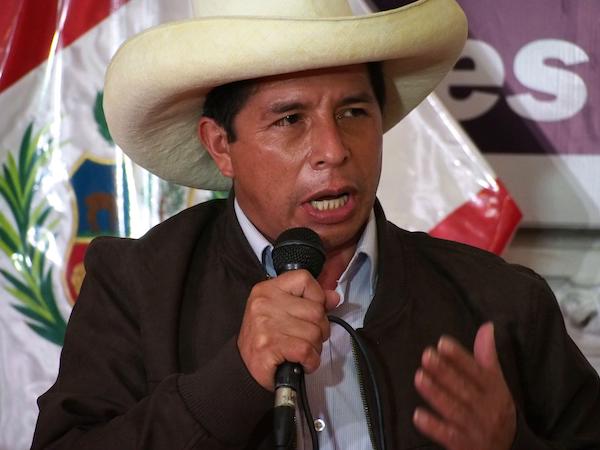On 7 December Peruvian President Pedro Castillo told the nation in a televised address that he was dissolving Congress and declaring a state of emergency.
A few hours later the Congress removed him from office and he was arrested. Within a few hours his vice-president, Dina Boluarte, was sworn in as the new head of state.
A few hours after that the media were broadcasting images of President Boluarte sitting amicably with Lima Archbishop Carlos Castillo and agreeing that politics should seek the common good. The archbishop gave her a rosary blessed by Pope Francis.
Pedro Castillo was an unknown primary school teacher from the highland region of Cajamarca, with a reputation as a local leader. He was taken up by the Marxist politician Vladimir Cerrón, who offered him the candidacy of his Free Peru party.
In June 2021 he won 59.1 per cent of the votes in the presidential election with the slogan “No more poor in a rich country.” But the task, a tall order for the ablest of politicians, was beyond the inexperienced Castillo.
He was soon involved in allegations of corruption, with six investigations hanging over him at the time of his overthrow.
As early as June this year, Cardinal Pedro Barreto, Archbishop of Huancayo, called on the President to stand aside in view of the evidence of corruption involving him. And when Castillo attempted to extricate himself from his predicament by dissolving Congress, an avalanche of condemnations hurtled down on him.
The bishops’ conference called his decision “unconstitutional and illegal” and quoted the Peruvian Constitution’s provision that “no one owes obedience to a government that usurps power”.
A bevy of human rights organisations added their voices, including the Instituto Bartolomé de Las Casas, associated with liberation theologian Gustavo Gutiérrez, which denounced “any attempt to undermine democracy”.
Condemnation also came from Peru’s Conference of Religious.
The strength of the condemnations can be explained in part by Peruvian memories of the presidency of Alberto Fujimori from 1990 to 2000, which saw a policy of forced sterilisation, widespread corruption and widespread human rights abuses in the fight against the Shining Path guerrilla movement.
In 1992 Fujimori also closed down Congress. He was sentenced to 25 years’ imprisonment in 2010. Currently Fujimori’s daughter Keiko leads a key party in the Peruvian Congress.
On Saturday 10 December newly inaugurated President Boluarte appointed a cabinet of technocrats, but she will still be at the mercy of the conservative Congress.
An experienced NGO leader told The Tablet that the crisis might well increase racism in Peru, where there is already prejudice against people from the Andean region.
Demonstrations on Sunday called for the restoration of Castillo to the presidency. In Apurímac in the southern Andes two males of 19 and 15 were killed in clashes with the police.
President Boluarte has said she will seek congressional approval for early elections in 2024.



 Loading ...
Loading ...